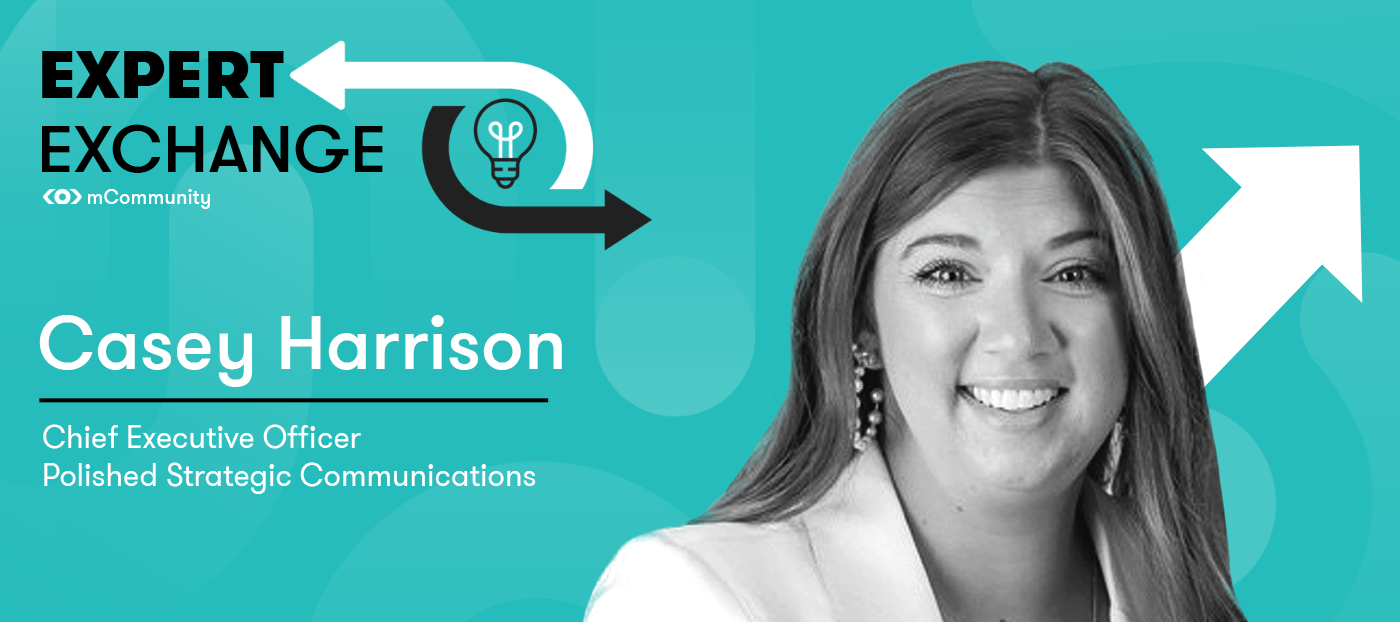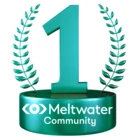Hello everyone. This week’s episode marks the Season 1 finale of the Expert Exchange podcast, a conversation with Casey Harrison about her story of resilience and the challenges of reaching understanding in uncomfortable situations and working respectfully and productively with those we might disagree with.
Casey is the founder and CEO of Polished Strategic Communications, and in this conversation we discuss the journey that led her to found her own business and take on the work that truly aligns with her values and fulfills her creatively and professionally. We immediately jump right in to Casey’s experience at the Indy Chamber during the overturning of Roe v Wade and Indiana’s immediate passage of Senate Bill 1, and she shares the challenges and opportunities of representing the diverse groups represented by the Indy Chamber through this historic period - and that’s just to start! Casey has a lot to say and a truly inspiring story, and I hope you learn as much from her as I did.
Highlights and Takeaways:
- (1:24) We jump right in! Casey starts her story of working for the Indy Chamber during the overturn of Roe v Wade and the passage of Indiana Senate Bill 1.
- (9:01) “It was an immediate exercise in learning how to be the title and the role first, and the person and the professional second. Because really, my opinions on this carried no weight with an executive committee … It was up to our executive committee and our volunteer leadership to determine the pathway forward.”
- (17:20) “There are so many different ways to build a buzz and to elevate a story, and I’m loving creating new ways to … do that.”
- (24:25) “I did a lot of nonprofit work in my agency life, which only made me more passionate about the causes that I care about.”
- (31:00) “What I’ve been thinking of as the threshold of success is freedom.”
- (41:30) Casey on the importance of keeping the PR and Comms folks at the table in the changing post-Covid world.
- (45:40) “If there’s not a seat for you at the table, then create your own table! And figure out how to invite more people to your table so that you have another seat.”
- (52:13) “We do monthly reporting, but we only do quarterly analysis because there’s not enough context in a month to be able to really evaluate (whether a campaign) was a failure.”
As Season 1 draws to a close I want to thank you for joining us on this journey of discovery and connection. I look forward to continue bringing you these insights from the industry’s top minds in Season 2 and beyond. In the meantime, don’t be shy - share your thoughts on the interviews from Season 1 and let us know who you’d like to hear from!




